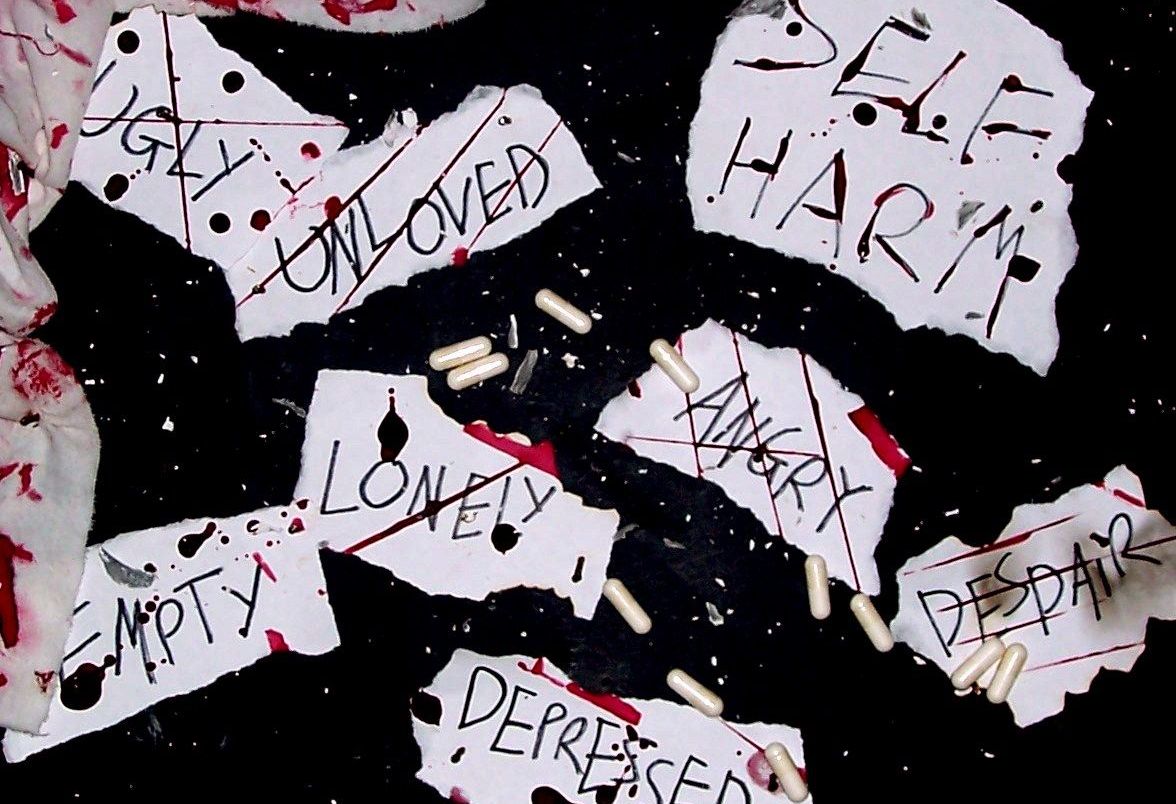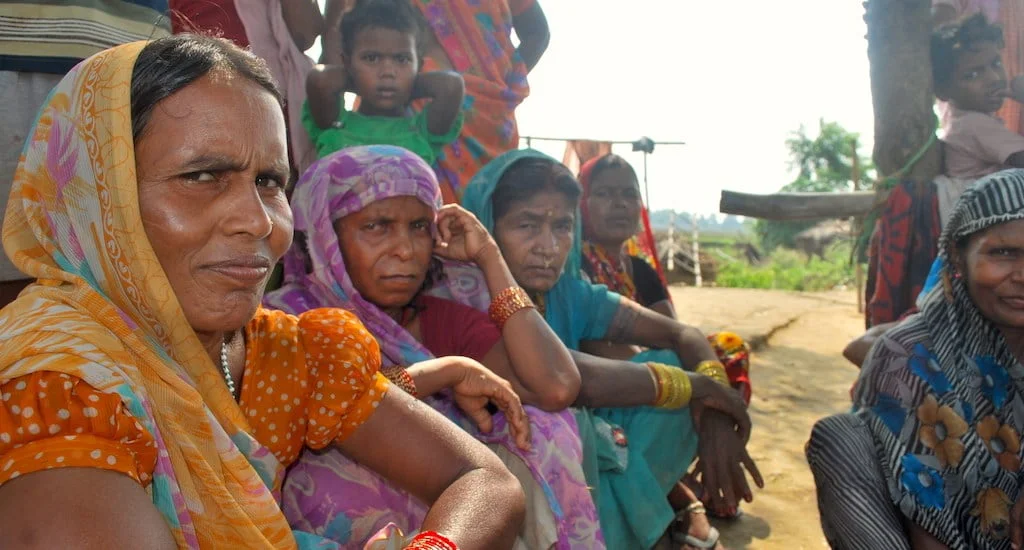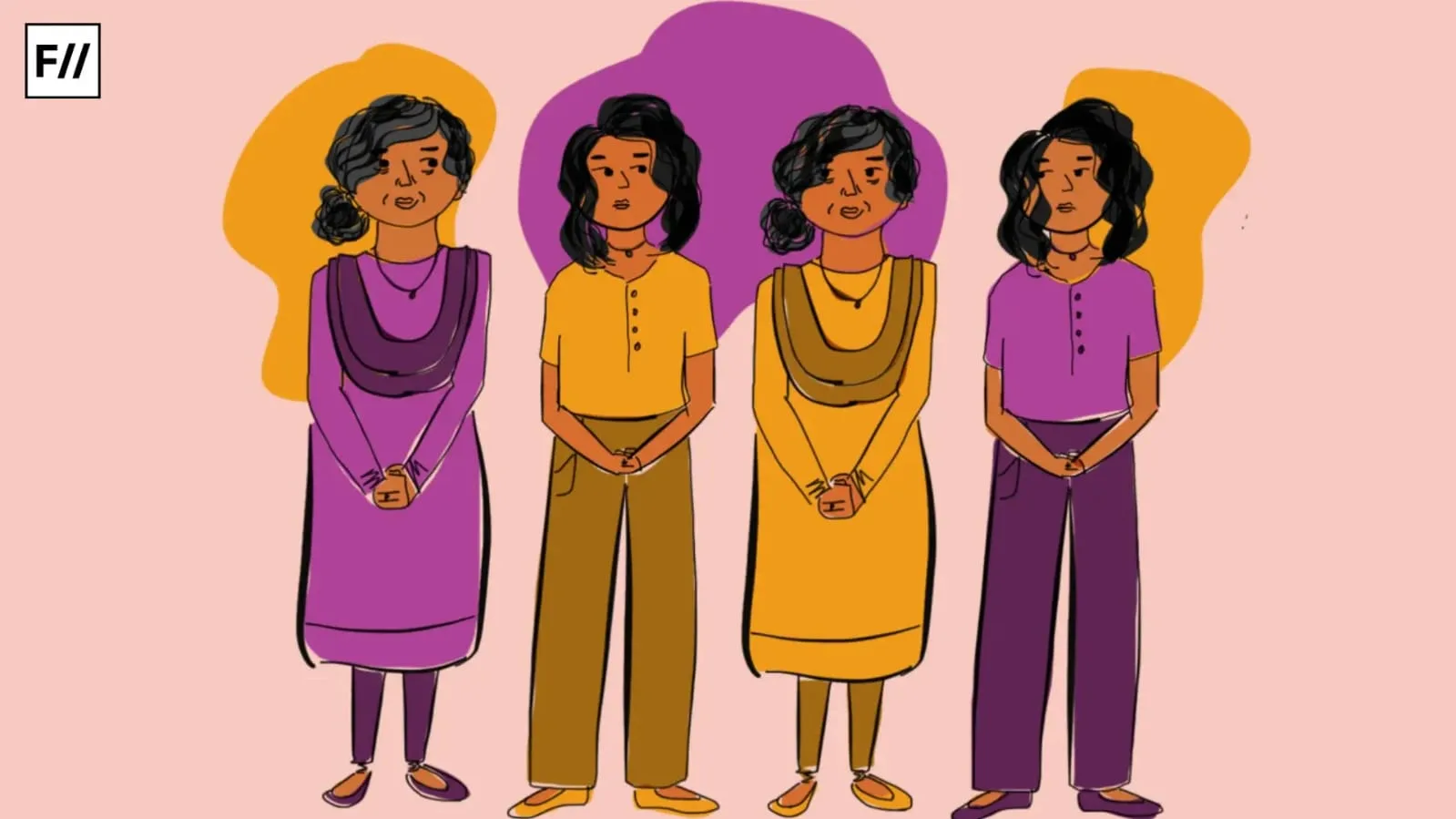If you live in today’s world, you’ll know that it’s not a very nice place to be misunderstood in. The majorities are taking over and things like basic human decency are relatively rare. This is an extensive topic, but the one that concerns me the most right now, is mental illness. Ah, yes, that sneaky, suspicious set of words that hold so much weightage. I can say, confidently, that almost everyone has grown up viewing it negatively and needs to change.
Here is some context. I, as a teenager with a handheld mobile device, can confirm that I have spent an inordinate amount of time on social media. As I’m getting more accustomed to it, I’m getting increasingly fed up with it too. I came across a bunch of people on Instagram off-handedly quoting mental illnesses in a bid to make their pictures more interesting, or to show off their ‘quirky’ personality. Exasperated, I wondered what inspired this trend of using mental disorders as a means of beautification.
I came across a bunch of people on Instagram off-handedly quoting mental illnesses in a bid to make their pictures more interesting.
They are real illnesses, and have a harsh and very scary reality. Unfortunately, most people either don’t take them seriously, or have very distorted ideas of what they are – causing a lot of harm. Think of it this way – would you caption your selfie with words like ‘cancer’? No. So where are words like ‘schizo’ and ‘psycho’ coming from? Why is there a gap in empathy when it comes to mental health?
I personally blame social media for being too disillusioning. There’s this disconnect from reality that comes from looking at a screen and interacting with people through said screen. You can pretty much say and do anything you like without feeling the impact of it on your social person. We’ve all probably come across those annoyingly ‘aesthetic’ black and white pictures of people with their heads bowed down, probably holding a blade in their hands or solemnly staring out the window. They’re often accompanied by absurd but strangely attractive titles like ‘the end’, or ‘boys don’t fall in love with sad girls’ or even, ‘I’m only happy when I’m hungry’. This is not representation.
Also read: This Mental Health First Aid Kit Will Help You Help Someone With Mental Illness
By creating and sharing images like these, we’re doing so much damage – we’re spreading the romantic idea that debilitating problems and illnesses like these are in some way ‘beautiful’ or even desirable. We’re beautifying the struggle that some people go through – not only is this disrespectful, but it’s also really damaging. Mental illness is coming across as something to aspire to, something you need for achievement and success. According to social media, having an eating disorder now portrays your strength, anxiety is necessary for achievement, and of course, depression shows maturity and a sort of ‘tragic broken-ness’.
Think of it this way – would you caption your selfie with words like ‘cancer’? No. So where are words like ‘schizo’ and ‘psycho’ coming from?
Now, don’t get me wrong. Social media can be an extremely powerful tool in helping people and reaching out to them. It can be a voice for the voiceless, and act as a strong catalyst for change if used right. Sharing your problems and mental issues with a few select people on the internet could be a valuable stepping stone to opening up and eventually getting real world help for your illness, but it’s not an end-all-be-all solution for your issues. In fact, it can be downright harmful if you go overboard.
Oversharing on the internet has many downfalls. Firstly, you are opening yourself up to a lot of judgement and criticism, something that gets exacerbated by the anonymity aspect. While the thought of impending criticism should not be a reason to not speak up, it usually also leads to people trying to compete over who is having the worse time. This can seriously distort people’s opinions and thought processes and ties in with the fanciful idea that mental illness is something good.
While everyone has their own personal mental health journey, oversharing about it, while it may seem comforting, could eventually lead to intensifying the stigma with excessive content and may impact your own mental health even more. Getting support from forums and group chats online can be helpful and may lessen the burden on the individual, but ultimately it may draw them away from the necessity to get real-world, concrete help.
What’s the solution here? How do we really defeat the stigma and put the correct knowledge out there? How do we help people? Do we give up on humanity and crawl up in a cave and binge-watch Netflix for eternity? Tempting, but no. First and foremost, we need to educate ourselves. Learn more about the various mental health issues that are prevalent in the world and read up on the symptoms and how they really affect people.
Also read: Why Are We Romanticising Mental Illness On Social Media?
We need to stop propagating romantic and glorified images of people battling apparently ‘beautiful’ illnesses. Please don’t use mental illness as a means of making your feed more ‘aesthetic’ or labelling yourself as ‘quirky’ and ‘edgy’. Talk about this. Ask your friends or loved ones how they feel and genuinely listen. Let people know that you’re there and willing to listen, if that’s all you can do. And above all, please approach things with an open mind and a clean slate – we all need to learn to regularly practise that very basic empathy that makes us all human.
Featured Image Source: Alt Eco
About the author(s)
Viveka is passionate about health, well-being and equality. When not writing, she can be found reading British humour and panicking about the future.




